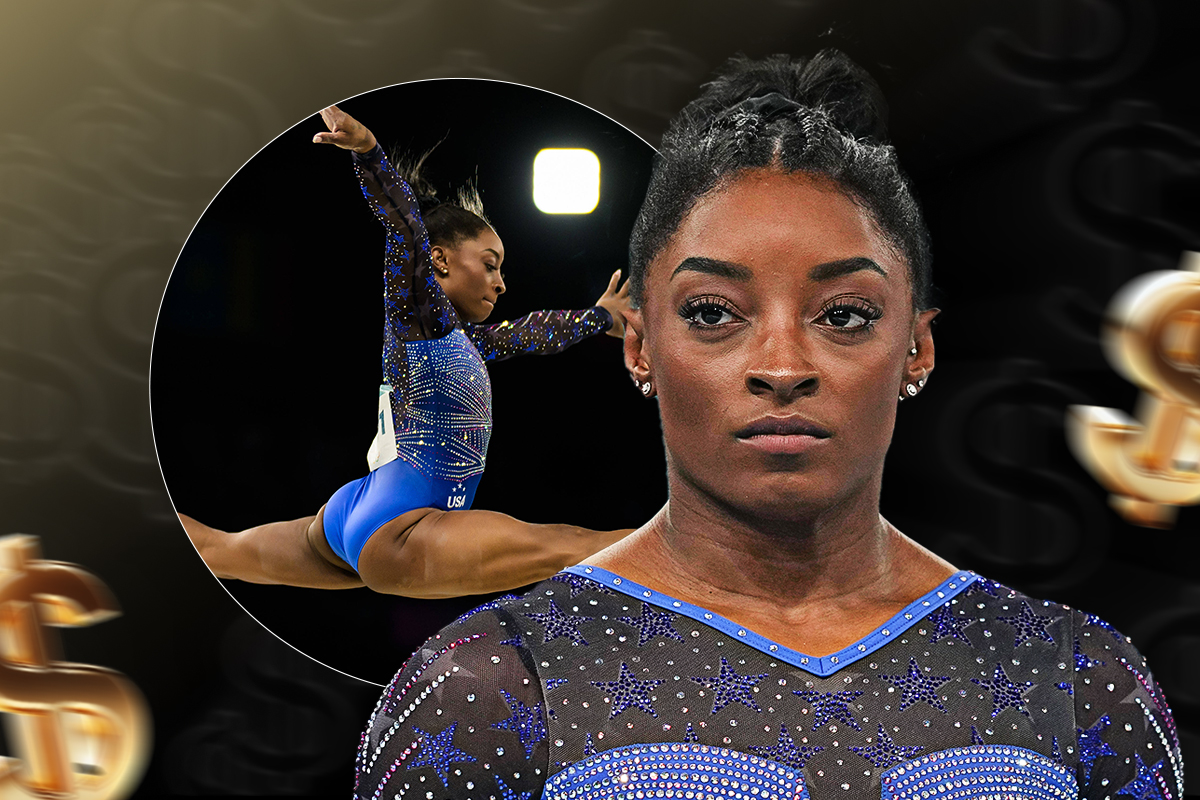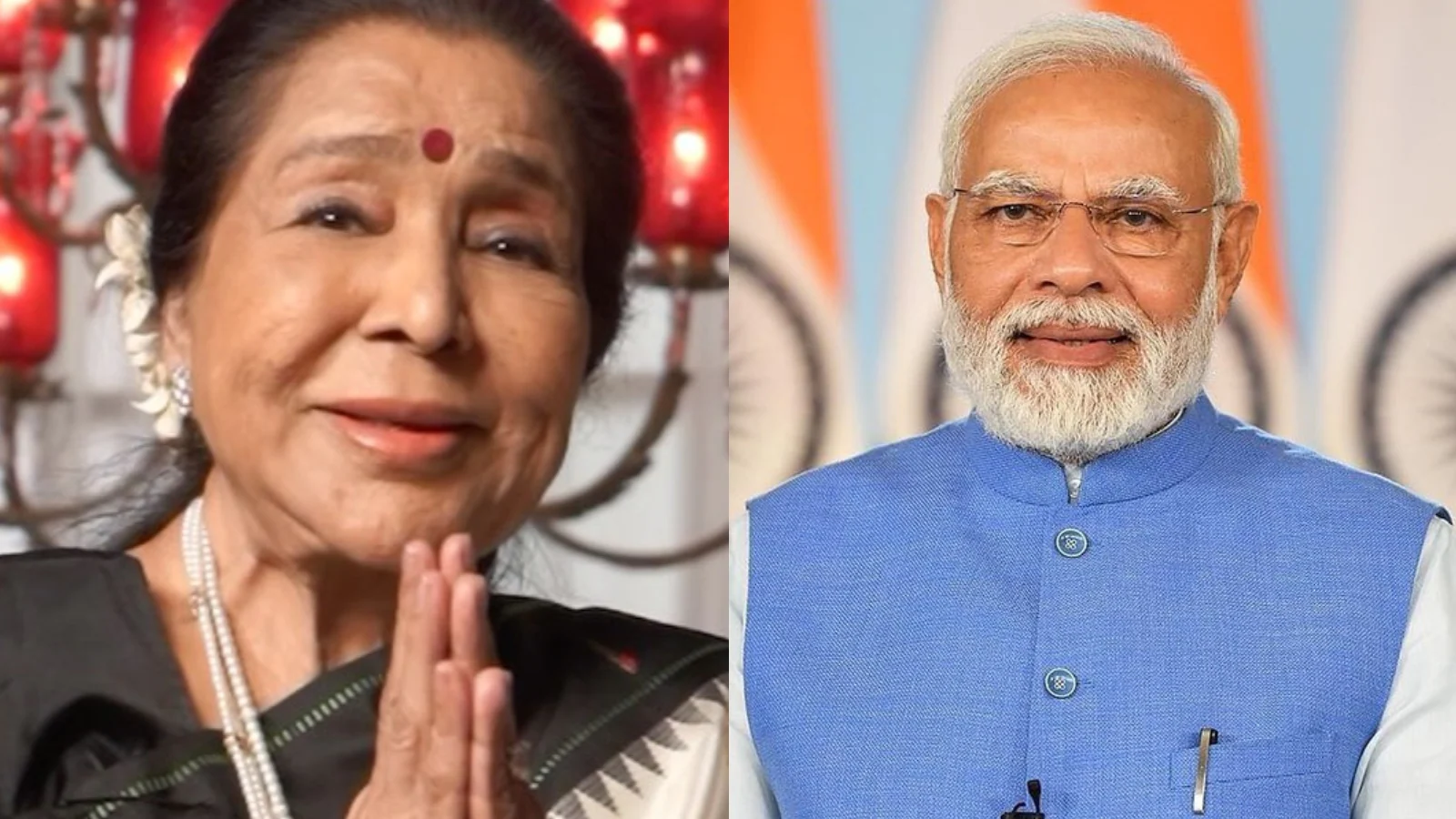
Sponsorships are the currency of modern sports—logos on jerseys, commercials, and life-changing checks. For most athletes, they’re the dream. But Simone Biles is not every athlete.
In 2015, shortly after she turned professional and won the individual all-around title at the World Championships, Biles signed with Nike. For an 18-year-old girl, it was a dream come true. “It’s official. I am proud to say that I am a Nike athlete,” she said back then. The world cheered. Contracts were signed. The future seemed set.
But in 2021, she made a stunning choice: she walked away from Nike, just three months before the Tokyo Olympics. At the time, her deal was reportedly worth $1.6 million a month. People doubted whether it was just a rumor, but Nike confirmed it. Spokesperson Josh Benedek said, “Our contract with Simone Biles has ended, and we wish her the very best.”
ADVERTISEMENT
Article continues below this ad
Her decision wasn’t about money. It was about values, and it may have rewritten the playbook for athlete sponsorships.
ADVERTISEMENT
Article continues below this ad
Simone Biles wanted “creative input” in her partnership
Sure, Nike built legends: Michael Jordan, Serena Williams, Cristiano Ronaldo, and Simone Biles were no exception, earning millions. But Biles wasn’t chasing money. In fact, according to ItsFinancialEducator, she left Nike because she wanted “support for her as a person, not just as a performer. Creative input in her partnership. Values-first approach… Nike couldn’t deliver.” And that choice would soon ripple far beyond a paycheck.
Between 2015 and 2021, Simone Biles became one of the most decorated athletes ever: four Olympic golds, nine World Championship golds, and global recognition. Yet, as her star rose, her role within Nike didn’t seem to grow proportionally. As a result, she understood that a value-based partnership was more important than acquiring fame or wealth and fortune. That’s when she found Athleta. It wasn’t a giant, as Athleta’s value at the time was $419 million, which was 0.2% of Nike’s valuation. However, the difference wasn’t in scale. It was an approach. Entirely different.
Instead of dictating to her what she would wear, Athleta asked: “What do YOU want to create?“ That type of teamwork was unusual to come by in those days. And that’s exactly how she designed some of her collections, such as the “Because I Can” Line. Athleta was not just leveraging her artistically; they were leveraging her as a person. As Biles said: “I think they stand for everything that I stand for… it was time for a change.” Nike had one last chance to resign her, but once again, they proved they didn’t care.
Nike sold a brand, Athleta sold a story
Then came the Tokyo 2020 Olympics, for the world to witness the importance of supporting more than ever. During the final for the women’s team on July 27, 2021, Simone Biles suffered “twisties,” a condition that induced gymnasts to lose spatial awareness in mid-air. She said that it had been like getting “lost in the air.” Hence, she stepped away from the team final in the interest of her safety. She later pulled out of the individual all-around and other event finals due to mental health issues. Brave? Absolutely. Controversial? The world thought so.
Criticism was harsh. British TV personality Piers Morgan tweeted: “Are ‘mental health issues’ now the go-to excuse for any poor performance in elite sport? What a joke.” Political activist Charlie Kirk called her a “sociopath” and said she was “a shame to the country.” But Athleta?
They didn’t flinch. On the very day she withdrew, their spokesperson said: “We stand by Simone and support her well-being both in and out of competition. Being the best also means knowing how to take care of yourself. We are inspired by her leadership today and are behind her.”
Six years with Nike brought contracts. With Athleta, she got unconditional backing when it mattered most.
When values sell better than logos
Athleta didn’t just defend Simone Biles; they built a platform around her. The Power of She Collective amplified athlete voices, highlighted mental health, and invested in the next generation. Programs like Athlete to Athlete paired Division I role models with young competitors. Athleta Girl partnered with the Movement Foundation to fund 30 “Meant to Move” grants, giving underserved girls access to sport. This wasn’t branding; it was infrastructure.
The results spoke louder than any campaign. Biles’ collections sold out within days. Athleta reported a 37% sales spike during her campaigns, and surveys showed 60% of new buyers came because they believed in “authentic athlete involvement.” Nike sold a logo. Athleta sold a story. And yes, fans bought it.
Nike’s waning grip…
Biles wasn’t alone. Other stars have challenged Nike’s one-size-fits-all model. In 2019, US track star Allyson Felix walked away after Nike offered her 70% less pay during pregnancy, while still asking her to front a women’s empowerment ad. “Beyond disrespectful,” Felix said. Athleta signed her, offering full maternity protection and its first-ever athlete deal.
In 2022, Kyrie Irving ended his 11-year Nike run after clashes over creative control. His sneakers had been cultural staples. But with Anta, a Chinese brand, Irving gained something Nike wouldn’t give: authority. As Chief Creative Officer of Anta Basketball, he now shapes the product line himself.
ADVERTISEMENT
Article continues below this ad
What it means for athletes
Together, these moves reveal a fault line in modern sponsorships. Athletes no longer just want exposure or a paycheck—they want equity, input, and respect for their lives beyond sport. For Biles, that meant creative freedom. For Felix, protection as a mother. For Irving, true design authority.
Nike remains a powerhouse. But stories like these show its dominance is no longer guaranteed. By 2025, Simone Biles is eyeing retirement with a $25 million net worth and brand deals ranging from Visa to Uber Eats. Yet her most important legacy may be proving that the strongest partnerships aren’t built on money alone; they’re built on values that last longer than medals.



